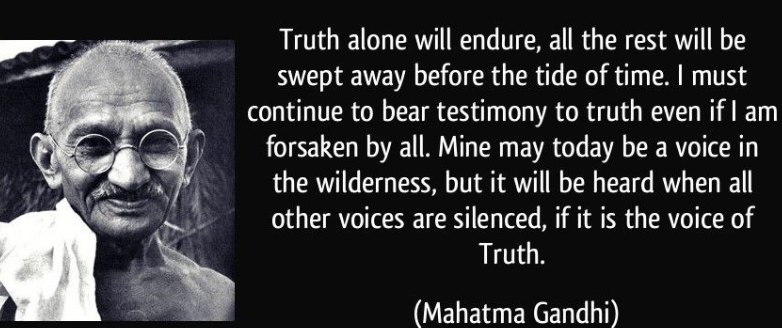General Discussion
Related: Editorials & Other Articles, Issue Forums, Alliance Forums, Region ForumsWhy Philosophers Shouldn't Sign Petitions
New York TimesI refused to sign, because I believe that petitions, regardless of their content, compromise core values of intellectual inquiry. Here’s why.
Whether you call it a “petition,” an “open letter” or a “public statement,” this type of document is distinguished by the fact that after stating and arguing for a position, it lists the names of people who endorse the position. The petition aims to effect persuasion with respect to what appears in the first part not only by way of any argument contained therein but also by way of the number and respectability of the people who figure in the second part. Such a document tries to persuade you to believe (that it is right to do) something because many people, some of whom are authorities, believe it (is the right thing to do). It is not always wrong to believe things because many people believe them, but it is always intellectually uninquisitive to do so.
The problem here is not that what many believe can be false, though that is a problem. The problem is that even if it’s true, the fact that many believe it doesn’t shed any light on it why it’s true — and that is what the intellectually inquisitive person wants to know. Is this problem mitigated by the fact that the list is not about sheer numbers because authorities appear on it? I think intellectually inquisitive people do gravitate toward those with expertise, because they are in an especially good position to answer our questions. But this goes only for experts taken severally. One expert is a learning opportunity; being confronted with an arsenal of experts is about as conducive to conversation as a firing squad.
Ms. Callard is an associate professor of philosophy at the University of Chicago.
Midnightwalk
(3,131 posts)Arguing from authority is a fallacy but she goes way past that.
From her way of thinking one should not put any weight on the fact that almost all climate scientists say climate change is real and caused by humans.
Or that more than 700 attorneys general say trump obstructed justice.
Is either absolute proof? Of course not, but either should give a non expert some pause in arguing otherwise.
She is defending what cable news has perfected. One dissenting voice apparently deserves the same consideration as 1000 expert opinions.
Jim__
(14,076 posts)Signing a petition is a political act. It is an effective way to oppose a political act you disagree with.
Opposing a political act with a philosophical argument is a lot like bringing a knife to a gun fight. It's extremely unlikely to succeed.
Celerity
(43,357 posts)
Jim__
(14,076 posts)He had a belief in philosophical argument - Truth - but he took political action.
displacedtexan
(15,696 posts)this is a very funny essay.
Seriously, though, this philosopher tackles a thesis that on the surface seems vague but in reality is meaningless.